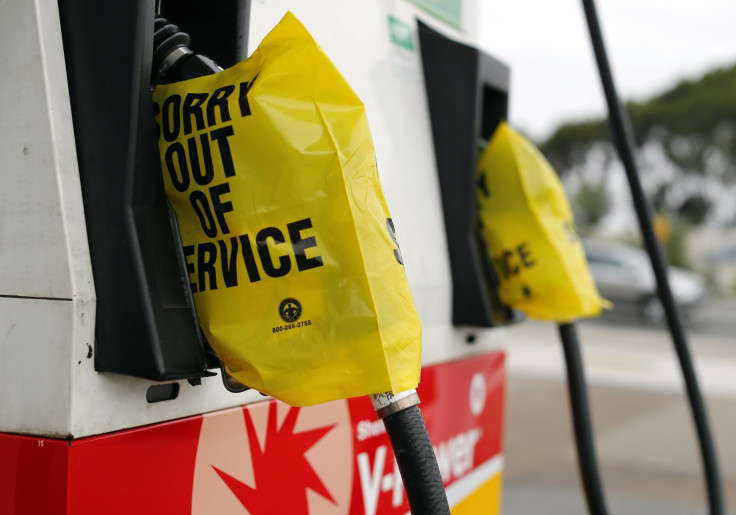UK Researchers Create Oil Out of Thin Air and Water

According to the Bureau of Labor Statistics, the average price of a gallon of gas has risen to $3.82 last month from $1.17 just 10 years ago, and there does not seem to be an end in sight to that rise. And, as we are running out of fossil fuels, global warming, due largely in part to carbon emissions, is becoming an increasing problem. Now, a small company in the United Kingdom has perhaps hit upon the holy grail of clean energy: they have managed to convert water and air into petroleum.
Air Fuel Synthesis has been working on the project since August. Using a small refinery, they have manufactured five liters (1.3 gallons) of petroleum from the carbon dioxide in water and air, with none of the additives like sulfur. The process extracts carbon dioxide and combines it in a reactor which, along with a catalyst, creates methanol. The methanol is then converted into petroleum.
Their technology will not fill up your tank yet, but they believe that they are on their way there. In two years, they hope to open a larger commercial refinery that would create a ton of oil a day, and they hope to create green aviation fuel in order to make the airline industry more environmentally friendly. The process of creating the energy is also not yet environmentally green; it uses electricity. But the researchers hope that they can soon make the process more energy-conscious by using forms of renewable energy, like with wind or wave farms.
The innovation would mean that existing cars could use the fuel at the gas station, instead of forcing drivers to switch to electric cars or add on hydrogen tanks. The technology would also essentially allow any country to create its own fuel.
The technology is not yet commercially viable, as it costs £400, or around $640, to create one ton of carbon dioxide. Air Fuel Synthesis' project cost £1 million, or $1.6 million dollars. But, as Professor Klaus Lackner from Columbia University pointed out to British news source The Independent, the prices of new technologies always fall as they become more widely available.
"I bought my first CD in the 1980s and it cost $20 but now you can make one for less than 10 cents. The cost of a light bulb has fallen 7,000-fold during the past century," he said.
The breakthrough was revealed at the Institution of Mechanical Engineers in London.



























